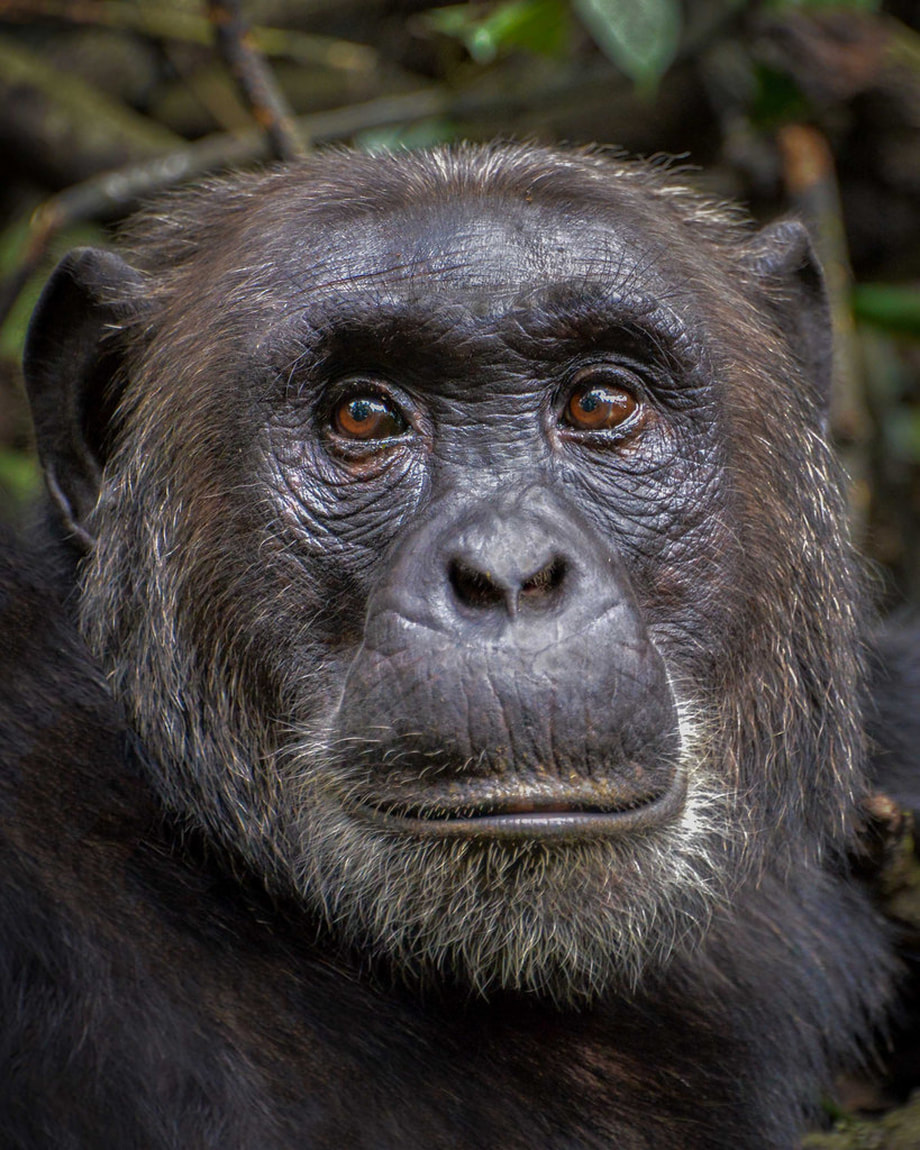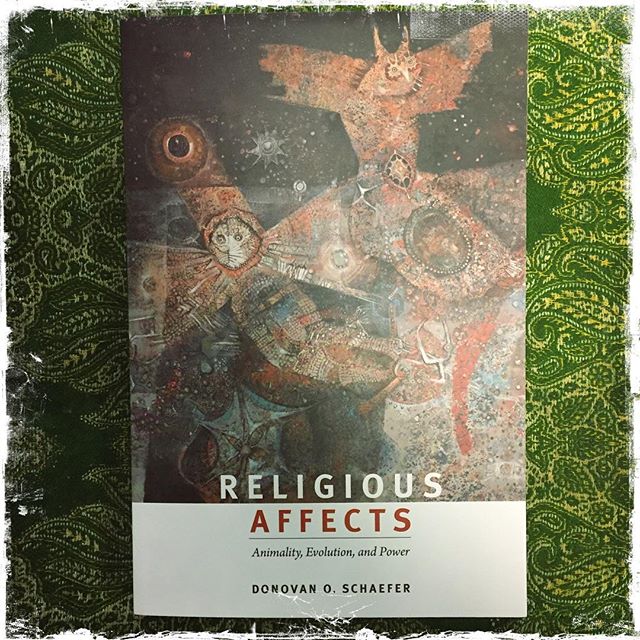- Home
- Process Worldview
- Community
- Art and Music
- Whitehead and Process Thinking
- Podcasts
- Spirituality
- Ecological Civilization
- Education
- Contact
- Social Justice
- Science
- Animals
- Sacred Poems
- Whitehead Videos
- Index of All Titles
- Practicing Process Thought
- Process Spirituality: A Spiritual Alphabet
- Recent Posts
The Practice of Religion in Animals
It's not about beliefs, texts, and language;
but rather feelings, rituals, and play.
If you study religion with an anthropologist's mind, you realize that religion is not always or even primarily about beliefs and texts; and that it does not rely on language. It is about feelings of awe and wonder; about the will to live with satisfaction relative to the situation at hand; about shared rituals and social relations; about enjoying the liminal pleasures of play; and about making some sense of the world in which you live through feelings and not ideas. It may or may not entail what we humans call ethics: empathy and reciprocity. It is nice when it does, especially for adult humans. But human infants practice religion before they have languages; and so do other animals, sometimes in quite advanced forms, given their forms of intelligence (kinesthetic, auditory, visual). The practice of religion emerged evolutionarily and existed long before the emergence of homo sapiens. Human religion is a latecomer.
The current expressions of human religions co-exist and co-evolve with continuing expressions on the part of other animals. Inter-religious dialogue among human beings needs to be expanded to include listening to and coming to appreciate the spiritual sides of other animals, cognizant that in some ways their "practice of religion" may be much healthier than human practices. Toward this end, studies in cognitive ethology can play an important role, as can studies in animal psychology. Informed by such studies, and also by time spent in the presence of animals, inter-religious dialogue rightly extends into inter-species cooperation, such that we learn to live with, not against, other animals who are companions on a small but vibrant planet. We learn from them and consider them our companions, mentors, and elders. Indeed, as one Christian theologian puts it, they can be priests for us. See Carter Heyward, Ordaining Horses as Priests.
In this spirit of respect for animals, we humans can evolve in the directions so important to the planet. We can find our way into what process theologians and many others call ecological civilizations, where the well-being of the whole of life, not human life alone, becomes our measure of well-being, spiritual and social. The point is not simply that animals need us for protection; it is that we need them for companionship and guidance. Without them we are lost. (Jay McDaniel)
The current expressions of human religions co-exist and co-evolve with continuing expressions on the part of other animals. Inter-religious dialogue among human beings needs to be expanded to include listening to and coming to appreciate the spiritual sides of other animals, cognizant that in some ways their "practice of religion" may be much healthier than human practices. Toward this end, studies in cognitive ethology can play an important role, as can studies in animal psychology. Informed by such studies, and also by time spent in the presence of animals, inter-religious dialogue rightly extends into inter-species cooperation, such that we learn to live with, not against, other animals who are companions on a small but vibrant planet. We learn from them and consider them our companions, mentors, and elders. Indeed, as one Christian theologian puts it, they can be priests for us. See Carter Heyward, Ordaining Horses as Priests.
In this spirit of respect for animals, we humans can evolve in the directions so important to the planet. We can find our way into what process theologians and many others call ecological civilizations, where the well-being of the whole of life, not human life alone, becomes our measure of well-being, spiritual and social. The point is not simply that animals need us for protection; it is that we need them for companionship and guidance. Without them we are lost. (Jay McDaniel)
"In Religious Affects Donovan O. Schaefer challenges the notion that religion is inextricably linked to language and belief, proposing instead that it is primarily driven by affects. Drawing on affect theory, evolutionary biology, and poststructuralist theory, Schaefer builds on the recent materialist shift in religious studies to relocate religious practices in the affective realm—an insight that helps us better understand how religion is lived in conjunction with systems of power. To demonstrate religion's animality and how it works affectively, Schaefer turns to a series of case studies, including the documentary Jesus Camp and contemporary American Islamophobia. |
In Religious Affects: Animality, Evolution, and Power, Donovan Schaefer of Oxford University argues against our “lingering sense that religion makes us human by severing our animality.” |
Awe and Wonder in Chimpanzees
Jane Goodall and Process Theology
The theory of evolution helps me to understand the natural world in relation to God’s love. Authentic love requires freedom, and evolution describes the way that nature is free to love God. As humans, animals, and plants make their way through the processes of nature, a loving God does not control nature, but God is present in creative natural processes and with creatures. Evolution not only opens my eyes to the complexities of nature, but opens my heart to the depth of God’s love, wisdom, and creativity. Deep appreciation of the beauty of nature generates a deep and intense knowledge of God, which is the mind’s worship.
-- Nancy Howell, Process Theologian, Smithsonian Institute: What Does it Mean to be Human Project
Jane Goodall |
Process Theology |


